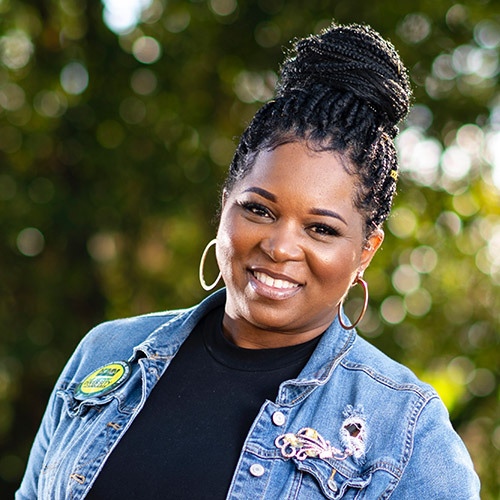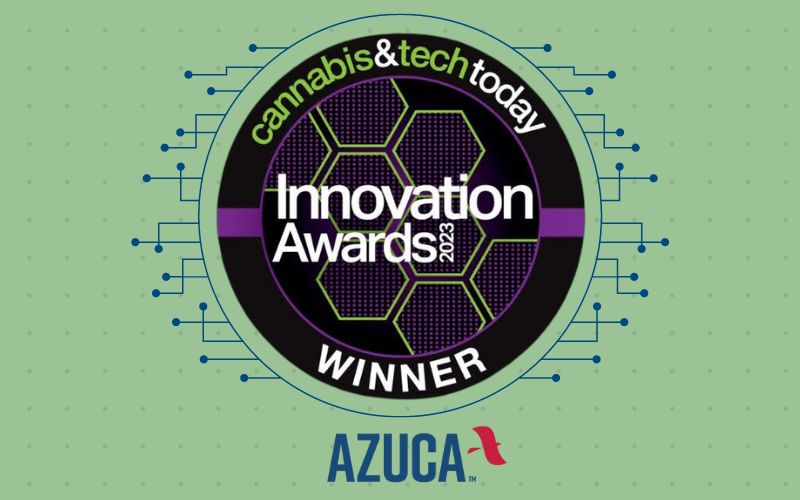Cannabis is one of the newest, most versatile, and job-filled industries in America. It created 77,000 jobs in the last year.
Leafly reported that in 2021, the 37 states with legal cannabis offer 321,000 full-time jobs in marijuana — that is more than the number of jobs for electrical engineers.
With that many jobs, the issue of social equity has become even more pressing.
Thankfully, many companies and organizations are taking legitimate steps to combat this issue.
Equity’s Big Hurdles

One major obstacle to entering the cannabis space is the cost associated with licensing. In Massachusetts, for example, the Commonwealth Dispensary Association (CDA) had filed a lawsuit against a rule that allowed only minority business owners to offer delivery for the first several years of the legal industry.
This would give minority businesses a clear leg up and help recoup the expense of licensing. The CDA’s lawsuit led to major fallout, even if they’ve since withdrawn it.
Cannabis & Tech Today spoke with Meg Sanders and Erik Williams, owners of Canna Provisions in Massachusetts.
Sanders said, “The biggest thing that keeps equity out of the cannabis industry is how expensive it is to enter. And the regulations being thousands and thousands and thousands of pages, anything from seed to sale tracking, to the security systems, to a million other things that you have to do in order to get a license, right there create an incredible hurdle.”

She continued, “And so if you want to solve the social equity and economic empowerment issue in this industry, you need to readdress the regulations. That’s the number one thing. And then if you go to the next layer of, well, why do these regulations exist? To keep people out. The system is not broken, the system is designed to operate exactly as it is. And that is to make sure that only a certain number of people can participate.”
Williams added that one reason it is so difficult for social equity to take hold within the industry is that some people are simply not on board with having a workable, socially equitable, economic empowerment system. That’s why several new organizations have been created to offer a helping hand to would-be entrepreneurs.
The U.S. Cannabis Council Initiative
The U.S. Cannabis Council (USCC) is a non-profit and is one of the largest coalitions of top cannabis businesses, associations, and advocacy organizations.
They seek to harness collective expertise to advance social equity, end federal prohibition, update all regulations, and promote legitimately ethical standards within the cannabis industry.
Recently, the USCC hired Tahir Johnson, a former DEI Manager at the National Cannabis Industry Association, to act as the Director of Social Equity and Inclusion. Johnson is expected to further the USCC’s mission with his expertise on diversity and inclusion.

Johnson says, “We’re on the precipice of federal cannabis legalization, and while there is much opportunity to be had, I am acutely interested in who has access to the opportunity. The USCC shares this passion, and I take this position knowing that cannabis leadership has the power and responsibility to impact real and honest change — and I look forward to playing a part.”
In his first 90 days, Johnson plans to engage with key cannabis and non-cannabis stakeholders in the equity community using a state-level strategy, ensure equity efforts are within all (including federal and state) legalization conversations, enforce accountability within the USCC, and create a task force to help members progress toward social equity goals.
Roz McCarthy, founder and CEO of Minorities for Medical Marijuana said, “Tahir is a change agent committed to solving industry challenges related to social equity and social justice. I’m counting on Tahir to get in good trouble, necessary trouble in his fight for social equity.”

Organizations Moving Toward Equity
The Equity Organization is dedicated to assisting with drug policy and other criminal justice reform policies for the industry, educating the community, and advocating for effective and equitable approaches to marijuana policy and other criminal justice-related issues.
This organization was founded by Executive Director Natalie Papillion. The company spearheaded several initiatives to create a more equitable industry and help expunge past cannabis convictions for formerly incarcerated individuals. The hope is that once cannabis is federally legal, there will already be an established, equitable foundation on which to build.
At Good Tree Capital, smaller cannabis companies and entrepreneurs can get assistance with money management and even small loans. The company gave out their first loan in 2017 and since have assisted people with an average return investment of 28.7%.
The company uses a proprietary algorithm to assess credit risk. They believe their innovative technology allows them to determine the likelihood of default with more accuracy than traditional banks. By removing opportunities for human bias around race or gender, their tech-forward approach could help remove barriers to capital for people of color and minorities.
Creating an equitable space for all people is a work in progress. However, companies like the USCC, The Equity Organization, and Good Tree Capital are making strides to help all people find a place in the cannabis industry. ϖ







